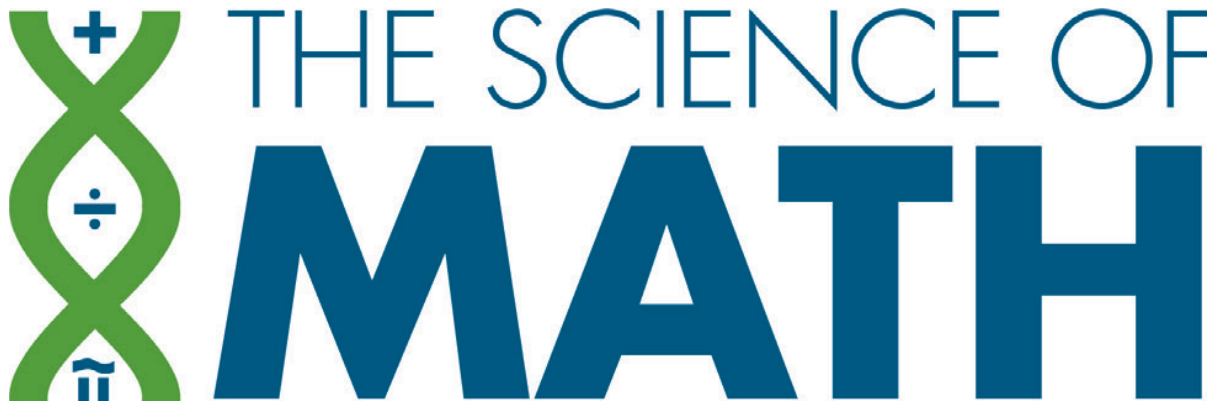
Common Misconceptions: Growth Mindset Increases Math Achievement
MISCONCEPTION
Many educators believe interventions targeting a growth mindset will improve academic achievement.
Many educators are concerned with fostering a growth mindset (i.e., “I can work hard to improve my success in math each day”) rather than a fixed mindset (i.e., “I’m just not good at math”) in students to promote math achievement.
TRUTH
Intervention research on stand-alone growth mindset interventions yield minimal gains on GPA in mathematics courses¹ and replication attempts have failed.² The most effective way to improve academic achievement is to deliver skill-building intervention.³,⁴
ADVICE FOR USING GROWTH MINDSET IN INTERVENTIONS
-
Praise
Use praise statements based on students’ effort, understanding, and persistence on challenging math work.⁵
-
Encourage
Encourage students to master skills by providing choice of interventions, feedback, and goals on learning, and opportunities to monitor their own progress, reflect on learning goals, and record learning accomplishments.⁶
-
Goals
Establish individual learning goals rather than promoting work exemplars from high achievers.⁵
Citation: Advocates for the Science of Math (2021). Common misconceptions: Growth mindset increases math achievement. Authors.
(1) Yeager, D. S., Hanseltman, P., Walton, G. M., Murray, J.S., Crosnoe, R., Muller, C…..Dweck, C.S. (2019). A national experiment reveals where a growth mindset improves achievement. Nature, 573, 364-369. https://doi.org/10.1038/s41586-019-1466-y
(2) Li, Y., & Bates, T. C. (2020). Testing the association of growth mindset and grades across a challenging transition: Is growth mindset associated with grades. Intelligence, 81, 1-8. https:doi.org/10.1016/j.intell.2020.101471
(3) Fuchs, LS., Wang, A. Y., Preacher, K. J., Malone, A. S., Fuchs, D., Pachmayr, R. (2021). Addressing challenging mathematics standards with at-risk learners: A randomized controlled trial on the effects of fractions intervention at third grade. Exceptional Children, 87 (2), 163-182.
(4) Powell, S. R., Hughes, E. M., Peltier, C. (2022). Myths that interfere with mathematics instruction. Centre for Independent Studies. https://www.cis.org.au/publication/myths-that-undermine-maths-teaching/
(5) Park, D., Gunderson, E. A., Tsukayama, E., Levine, S. C., & Beilock, S. L. (2016). Young children’s motivational frameworks and math achievement: Relation to teacher-reported instructional practices, but not teacher theory of intelligence. Journal of Educational Psychology, 108(3), 300-313. https://doi.org/10.1037/edu0000064
(6) Codding, R. S., Volpe, R. J., & Poncy, B. C. (2017). Effective math interventions: A guide to improving whole-number knowledge. New York, NY: The Guilford Press.


